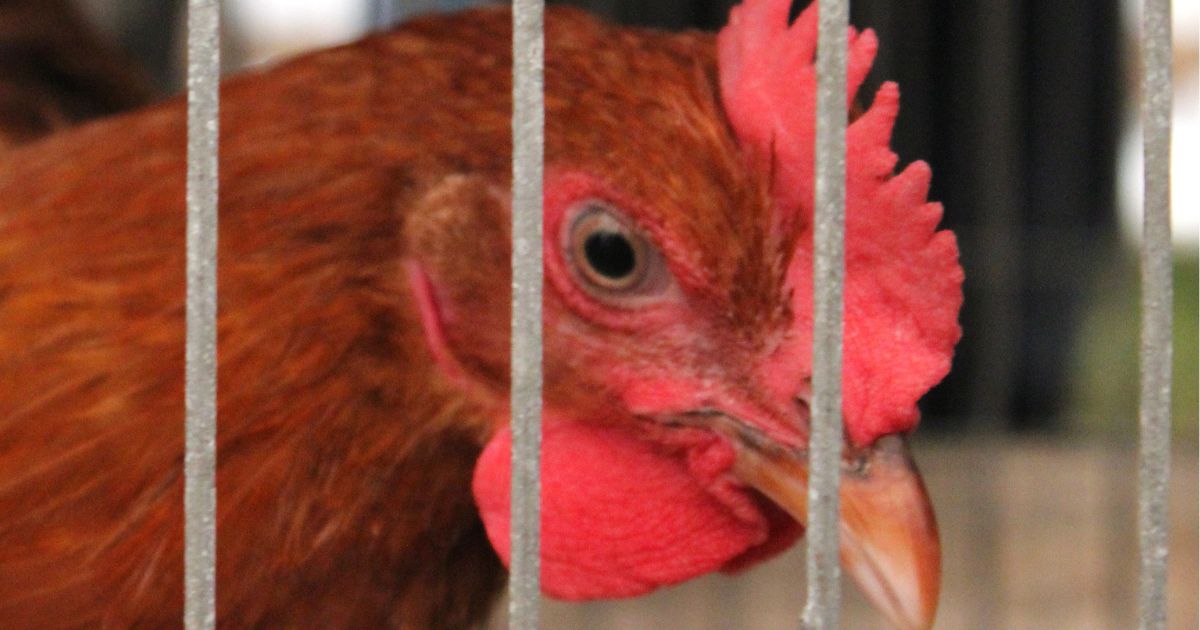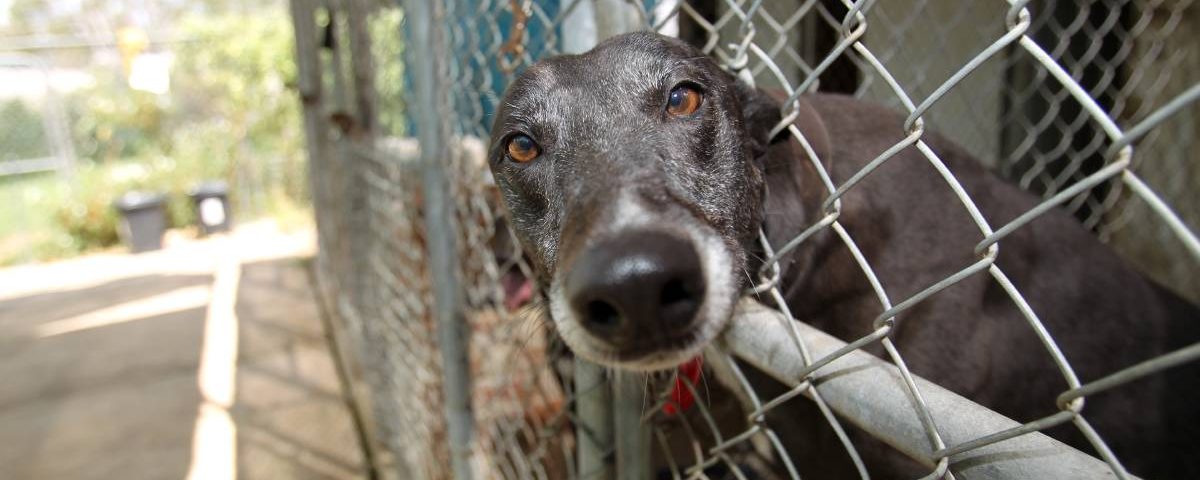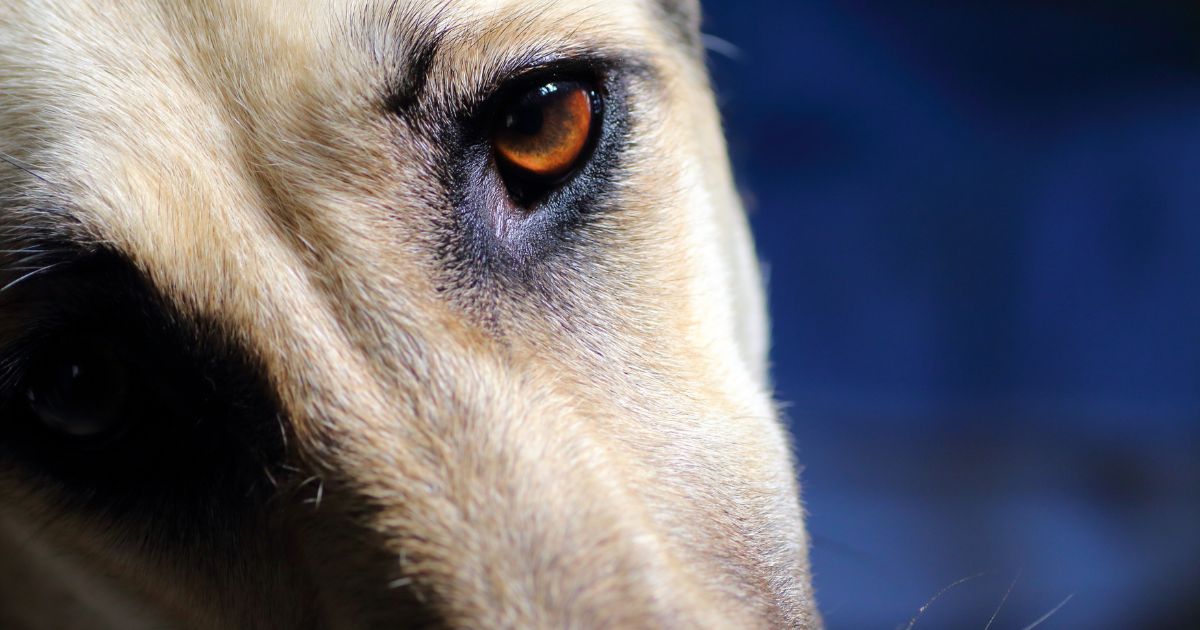by Ellie Brownlow, CPG volunteer
The modern world is changing rapidly, and one of the biggest challenges for any sector is to keep up with the changing demands of its customers. The expectation is no different for politicians and political parties who should be able to offer policies and proposals in line with voters’ views. However, it seems that the world of politics is falling further and further behind in this respect.
This is true more than ever when it comes to animal welfare. While it would seem that the last few decades have seen an increase in animal welfare activism, largely thanks to mass media and easy-to-access information, the inconsistency between what voters are expecting and what politicians are offering in terms of animal welfare is dumbfounding.

Australian Animal Welfare Survey
This is highlighted by the recent work of the Australian Alliance for Animals (AAA), a national charity that aims to create an independent animal welfare policy system that works for and not against animals. In 2023, the AAA commissioned the Australian Animal Welfare Survey in collaboration with BehaviourWorks Australia, Monash Sustainable Development Institute and Monash University. The survey questioned 1000 representative Australians with the aim of better understanding their beliefs and behaviours related to animal welfare.
The results underscore the disparity between what voters want and what politicians are providing. According to the survey, the Australian public is deeply concerned with the issue of animal welfare, with nine out of 10 of those surveyed agreeing that the law should require all sentient animals to be provided with good animal welfare. As for what (or who) Australians consider to be sentient, eight out of 10 of those surveyed consider companion animals (dogs, cats) and farm animals (cattle, birds, sheep, pigs) as sentient, while over half also view animals such as lizards, frogs, octopuses, fish and lobsters as sentient.
Governments out of step with public expectations
These results may strike hope in the hearts of many. However, the survey also identified that the Australian governments are not meeting the public’s expectations with regards to this issue. Not surprisingly, the public has reservations about political parties and their ability to provide animal protection. Nine in 10 Australians agree that animal welfare should be protected by the government through legislation, but less than half thought the Australian Federal Government shared community concerns about animal welfare.
Australians also indicated they have more trust in animal welfare groups, researchers and practitioners when it comes to who should have the most say in animal welfare policy. However, the least trusted, and those who should have the least say, according to Australians, are political parties and retail and food companies.
There are several possible reasons for this. Animal industries can and do make large donations to political parties, while animals clearly cannot. These industries can also employ highly-paid lobbyists, while animal rights tend to be lobbied for by volunteers with full-time employment in other areas. Given that animal industries can use their financial power to influence relevant government bodies, it is not surprising that seven out of 10 surveyed Australians believe an independent government agency focused on animal welfare policy should have final say on animal welfare policy, rather than leaving it to government bodies which handle, for example, agricultural policy.

#FairGoForAnimals - how you can help
Overall, the survey revealed that animal welfare policy needs to be updated and improved to better meet the expectations of the Australian public. In addition, an independent and impartial authority should be making the final decisions on policy affecting animal welfare, while researchers, animal welfare groups and practitioners should have the most say in such policy. Sadly though, it also showed that Australian politicians are not keeping up with what voters want.
This is why the AAA needs everyone’s support to put pressure on our politicians every time we vote and every time we meet with one. Check their website during election campaigns to find useful scorecards illustrating parties’ stances on animal welfare issues, like this one created for the federal election in 2022.
There are many ways you can support the AAA including donating, volunteering, signing up for the newsletter and pledging your support for a #FairGoForAnimals. The charity’s current reform goals are the establishment of independent government entities to oversee animal welfare, the creation of separate ministerial portfolios and the improvement of standard-setting for animal welfare. Organisations are also encouraged to join the AAA network to help build the capacity and impact of the animal protection community.
